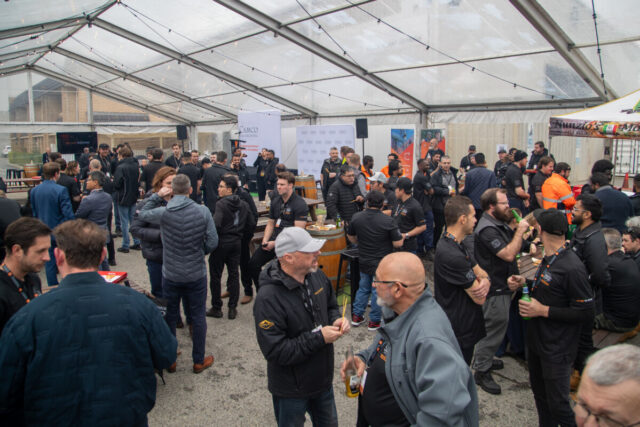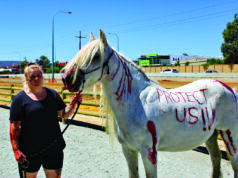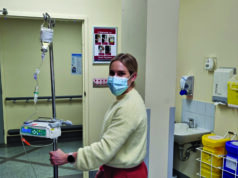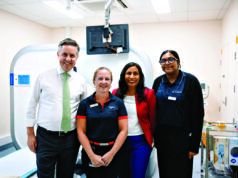Western Australia’s manufacturing sector is grappling with a shortage of skilled workers, costly equipment, and a lack of heavy workshop facilities, raising questions about how the industry can stay competitive into the future.
Camco Engineering, which employs about 550 people at its Canning Vale base and other sites, noted one of the biggest challenges is finding enough tradespeople to meet demand.
“Our biggest challenge at the moment is really access to highly skilled labour,” the company’s chief executive, Glenn Bailey, said.
“We can’t just rely on skilled migration, because the government is not prepared to support that in a way that makes it easy for business to get access. So, we’ve had to get proactive and attract and train the next generation of tradespeople ourselves.”
The company has invested heavily in apprenticeship programs, aiming to grow skills from the ground up. The chief executive said this was essential if Australia wanted to remain globally competitive. “If we’re not globally competitive, then our customers will find nearshore alternatives to the manufacturing capability that exists here in WA,” he said.
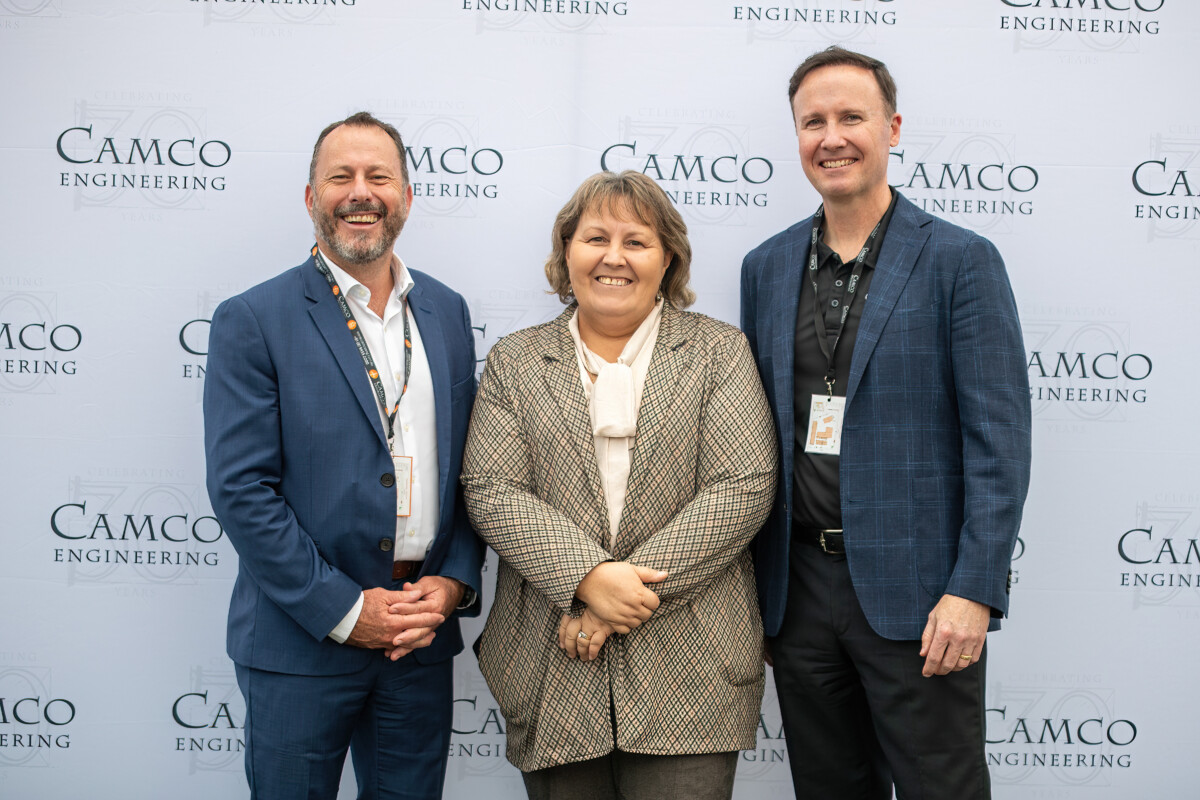
Alongside workforce shortages, the cost of machinery and the lack of suitable facilities in Perth are also pressing concerns.
“Manufacturing equipment is incredibly expensive,” he said. “And if I wanted to lease a workshop tomorrow, I would struggle to find anything with overhead cranes greater than 10 tonnes. In our workshops we have cranes up to 50 tonnes, and we are now building a facility with a 150-tonne crane. Those sorts of facilities are rare.”

The shortage of heavy workshop space in Perth means companies often need to build their own facilities. The CEO said industry was encouraged by State Government’s announcements like the development of an advanced manufacturing hub in areas such as Picton near Bunbury, but more investment would be needed to keep WA’s industry competitive with overseas markets.
Despite the challenges, Mr Bailey sees opportunities ahead as WA’s economy shifts. Critical minerals such as lithium, and copper, along with the defence and renewable energy sectors, are expected to fuel new demand for local engineering and manufacturing. “All of these sectors need support from engineering companies that can refurbish and manufacture the equipment they need to do their jobs,” he said.
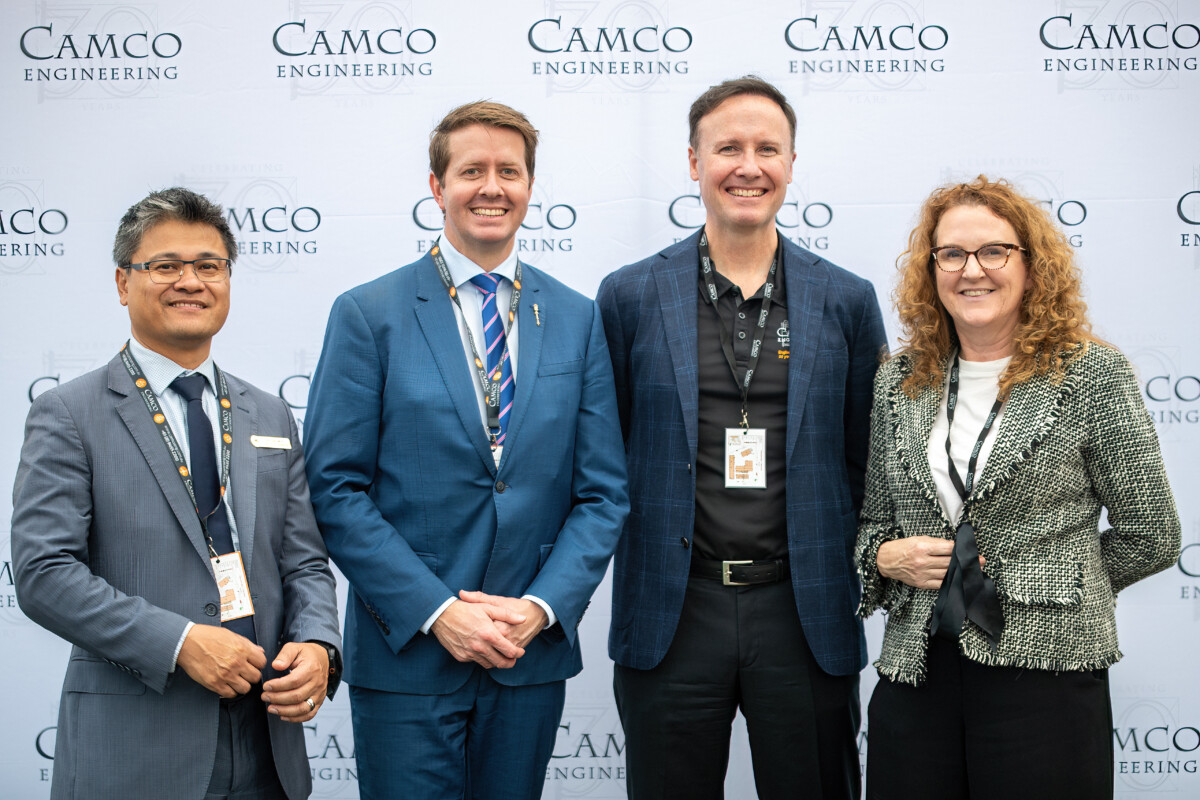
Reflecting on leadership, the CEO said there had been no single lightbulb moment in his career, but a focus on learning from others had shaped his approach. “Leadership is about working with people and helping them make better decisions. We need to be open to listening and learning from our colleagues, suppliers and customers,” he said. He added that openness inside the business and flexibility in responding to customers had allowed the company to stay agile and grow.
While Australian manufacturing has been in decline for decades, Camco argues that WA’s resources sectors prove there is still strong demand for high quality local capability. The CEO said companies that take the risk to invest in facilities and skills can still find opportunities to grow.
As the company marks its 30th anniversary, he hopes its story will be remembered as part of the state’s industrial fabric. “I’d like people to see Camco as a Western Australian icon, a business that believed in WA and invested in WA,” he said.


